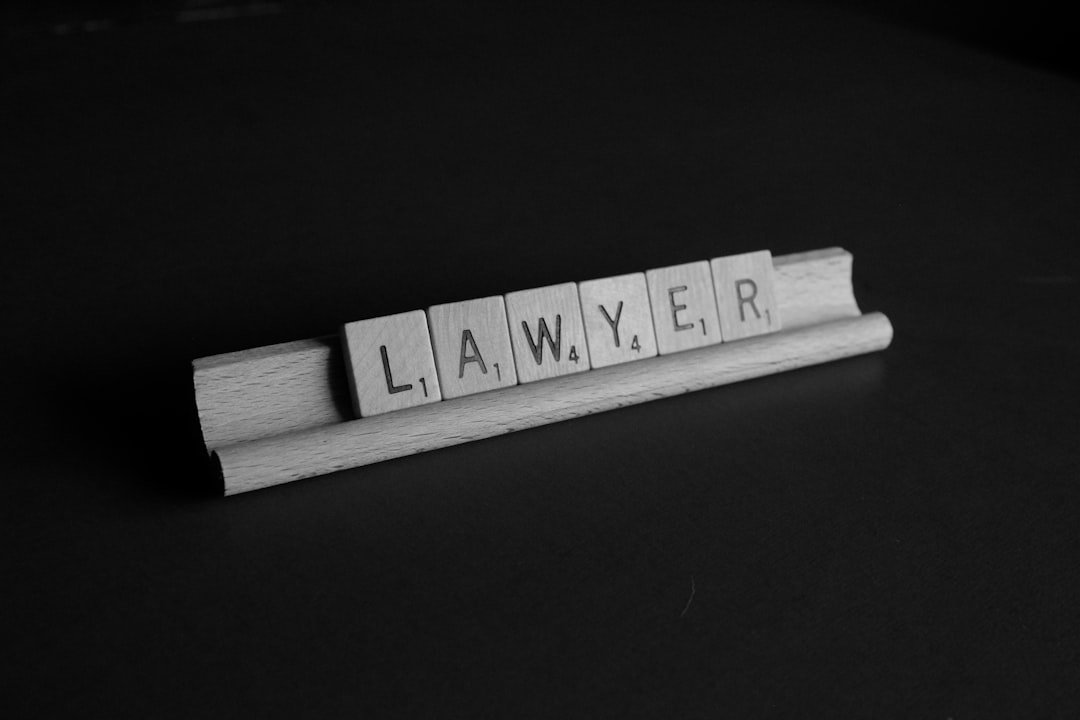In New York City, scammers employ deceptive spam call lawyer tactics targeting vulnerable demographics. Recognizing cognitive biases helps consumers avoid manipulation and builds cases against telemarketing abuses. Spam call lawyers New York protect consumer rights under TCPA by taking legal action and reporting violations. Proactive measures like avoiding information disclosure, registering with Do Not Call, hiring lawyers, and spreading awareness are crucial to combat these scams.
In the bustling metropolis of New York City, telemarketing tactics have evolved, often exploiting cognitive biases to target consumers. This article delves into the prevalent spam call patterns within the city, unraveling how businesses leverage psychological triggers. We explore the legal landscape surrounding these practices and their impact on consumer rights in NYC. Additionally, discover effective strategies for combating and protecting against deceptive spam calls with insights from top spam call lawyers New York.
Unveiling the Prevalent Spam Call Patterns in New York City

In New York City, the landscape of spam calls is as vibrant and bustling as the metropolis itself. Uncovering the prevalent patterns involves a close examination of tactics employed by scam artists targeting residents. A common strategy observed is the use of spam call lawyers—a deceptive approach where callers pose as legal professionals, capitalizing on people’s fear of legal repercussions or financial losses. They often target specific demographics with tailored messages, preying on the naive or vulnerable.
These spam calls are not merely annoying; they represent a calculated effort to exploit cognitive biases. By leveraging social proof, urgency, and authority figures, scammers create a sense of panic, encouraging recipients to act impulsively without proper consideration. Understanding these patterns is crucial for New Yorkers to identify and avoid such traps, ensuring they remain vigilant against the constant evolution of scam artist tactics.
Understanding Cognitive Biases and Their Role in Telemarketing

In the realm of telemarketing, understanding cognitive biases is a game-changer for spam call lawyers in New York. These biases are psychological tendencies that affect how individuals process information and make decisions. Marketers have long exploited them to influence consumer choices, often to their advantage. When it comes to spam calls, knowing these biases can help uncover deceptive tactics used by telemarketers.
For instance, the “bandwagon effect” makes people more likely to adopt a behavior if they perceive others are doing it too. Telemarketers may use this by claiming a product is in high demand or that many people in their area have already purchased it. Another bias, the “anchoring effect,” refers to relying heavily on an initial piece of information when making decisions. Spam callers might anchor their pitch around a low-ball price to make their product seem more appealing. Recognizing these biases empowers consumers and helps spam call lawyers in New York build stronger cases against aggressive telemarketing practices.
Legal Aspects: How Spam Calls Violate Consumer Rights in NYC

In New York City, spam calls are not only an annoyance but also a violation of consumer rights. These unsolicited telephone marketing practices, often involving automated or prerecorded messages, are regulated by both state and federal laws. The Telephone Consumer Protection Act (TCPA) restricts the use of automated dialing systems and prerecorded messages for telemarketing purposes without prior express consent from the recipient. Violations can result in significant fines, with each spam call potentially leading to substantial legal repercussions.
Spam call lawyers in New York play a crucial role in holding these practices accountable. They assist individuals in understanding their rights under the TCPA and take legal action against companies that engage in abusive or deceptive telemarketing tactics. By filing lawsuits or reporting violations to regulatory bodies, these lawyers help protect consumers from unwanted intrusions into their personal space and ensure compliance with consumer protection laws.
Strategies to Combat and Protect Against Deceptive Spam Calls

To combat deceptive spam calls, individuals in New York can take several proactive measures to protect themselves. First, never provide personal or financial information over the phone unless you have initiated the call and verified the party on the other end. This includes social security numbers, bank details, and credit card information. Secondly, be wary of urgent requests or threats; legitimate organizations will not pressure you into immediate decisions.
Additionally, consider registering with the National Do Not Call Registry to limit unsolicited calls. Using spam call lawyers in New York can also provide legal recourse against persistent or malicious callers. Staying informed about common scams and sharing awareness with friends and family further enhances protection against deceptive spam calls.






